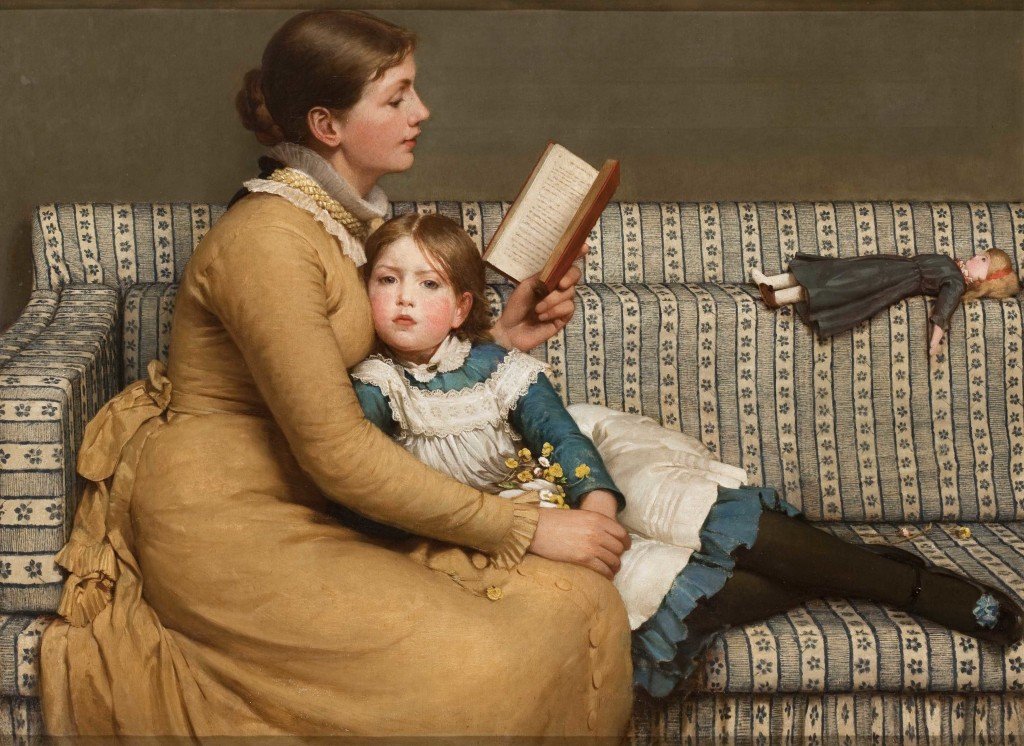– According to a recent report, “the single most important activity for building the knowledge required for eventual success in literacy is reading aloud to children.” In addition to the many advantages that literature provides in general, reading aloud brings four specific benefits: A stronger motivation, a larger vocabulary, a better exposure to language concepts, and an increased attention span.
– A child’s vocabulary expands more through indirect means than through explicit teaching. Research has shown that for every 1,000 words in a children’s book, they are about 31 rare words, compared to 17 rare words per 1,000 in adult conversations, and only 2 rare words per 1,000 on educational TV programs. While reading a newspaper or magazine exposes a reader to as 68 rare words per 1,000 on average.
– Reading aloud, reading and re-reading favorite books with your children strengthens their attention skills; a capacity of the utmost importance at school and in life. As a second-grade teacher said, “I can always tell which children have been read aloud to and which ones haven’t, just by their attention spans.” When children listen to or read themselves stories, they learn to focus for longer and longer periods. This is what some educators call reading stamina, the precious ability to read for a long time without being distracted or distracting others.

Alice in Wonderland by George Dunlop Leslie (Wikimedia Commons)
READ THE ORIGINAL ARTICLE

